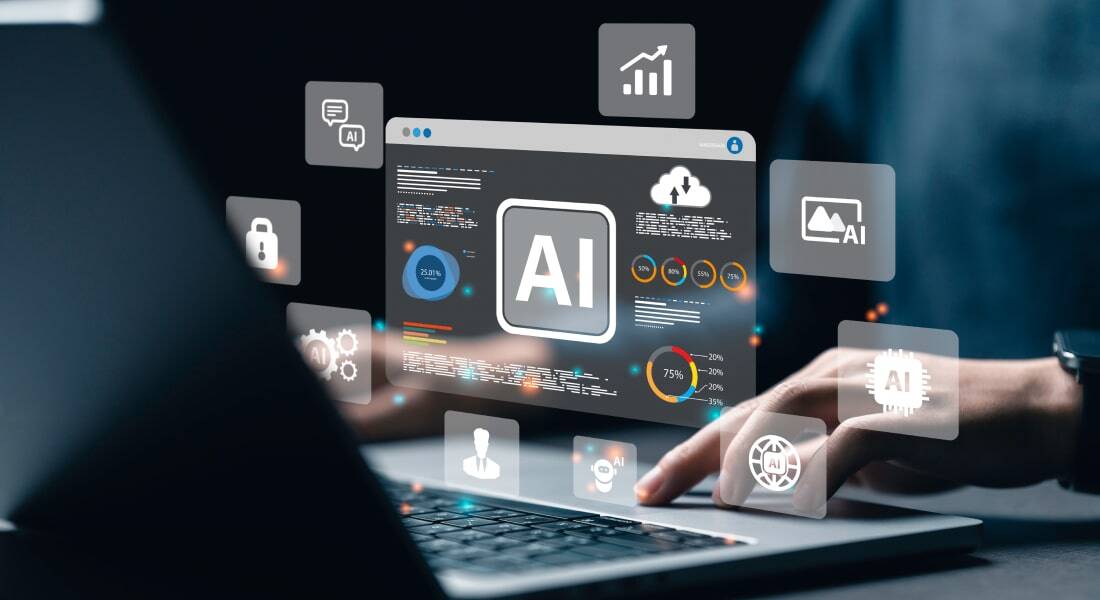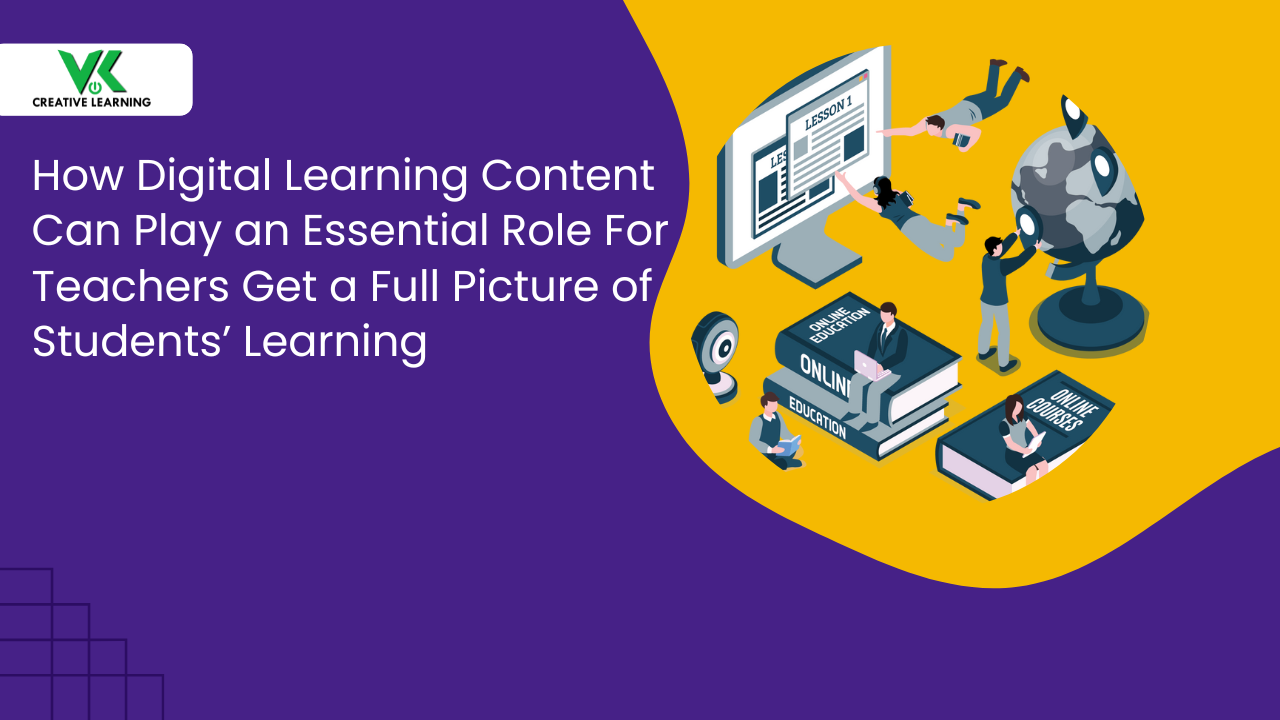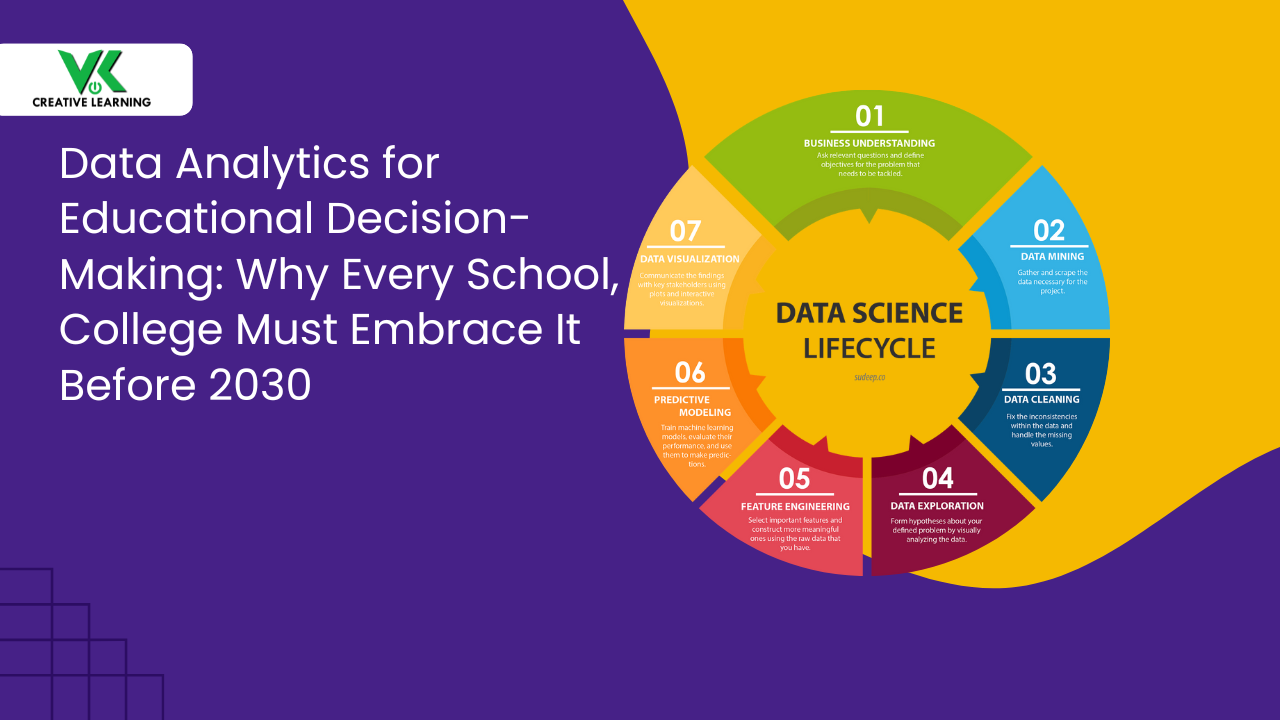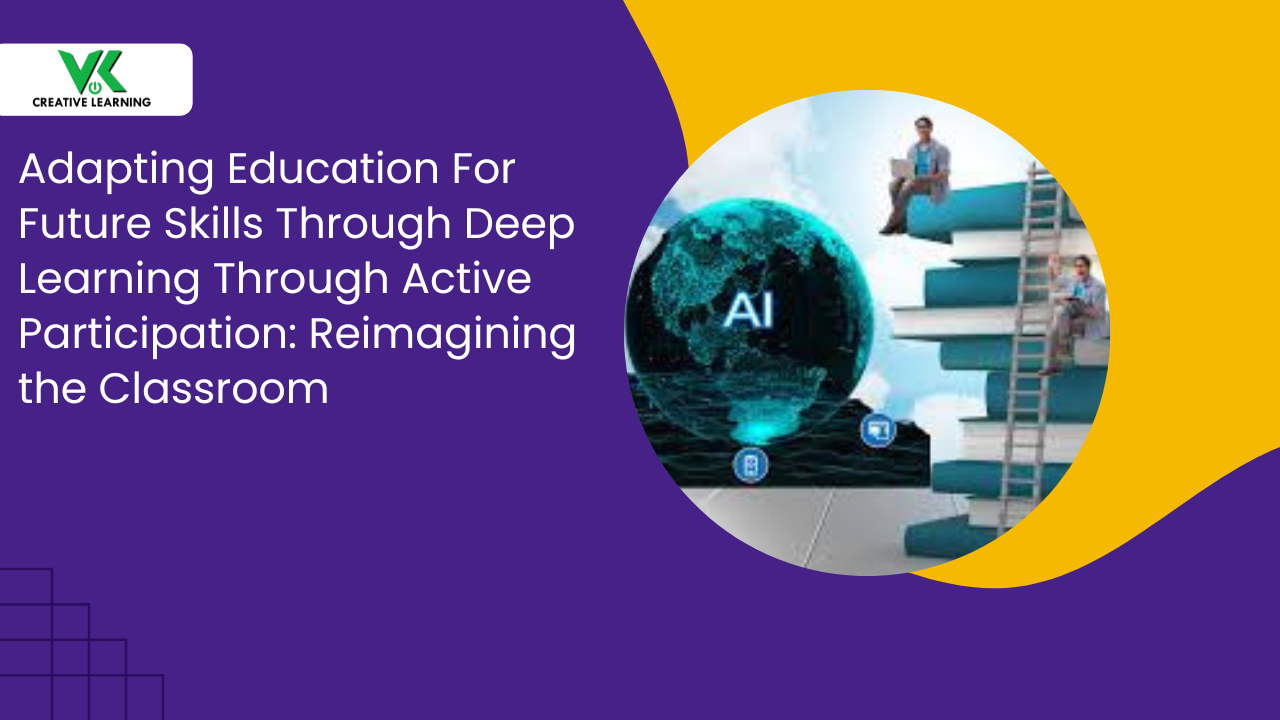Incorporating Adaptive Learning in eLearning Courseware
August 26, 2023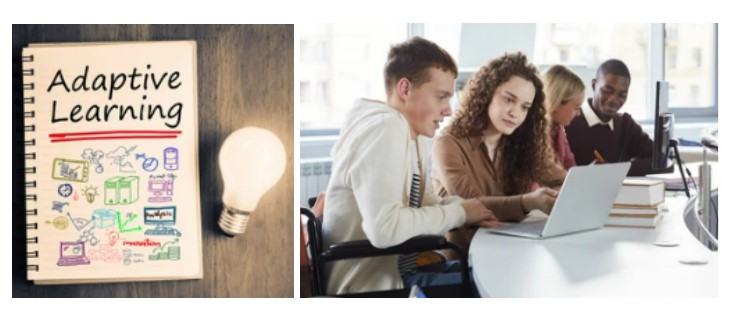
In the swiftly progressing domain of eLearning, adaptive learning is blossoming, catering to distinct pedagogical necessities. Leaning on breakthrough devices, this game-changing instructional evolution adeptly personalizes teaching strategies and the impartation of wisdom, resonating deeply with every trainee's expectations. Also, driven by data-informed algorithms, the art of adaptive learning fine-tunes itself with remarkable accuracy, adjusting itself to each student's educational journey.
For instance, should a student stumble upon quadratic equations, the adaptive learning platform swoops in with instructional materials perfectly suited for their current comprehension level. For trainees, it can be a situation wherein the e-learning modules slow down the information delivery based on the understanding capability of the individual.
Importance of Adaptive Learning in eLearning
Adaptive learning methodologies have completely changed the eLearning sphere more like sunlight giving rise to a fresh dawn. Gone are the days of one-size-fits-all pedagogy; replaced now by a more personalized, engaging, and dynamic approach designed to elevate academic outcomes significantly. Embracing adaptive learning in eLearning fosters enhanced knowledge retention and learner satisfaction--detecting knowledge gaps; timely interventions are facilitated.
Imagine a virtual instructor who discerns each student's strengths and challenges like clockwork--that's precisely the power adaptive learning brings to the table. By fostering a sentiment of achievement, something significant is experienced by trainees and this innovative approach greatly elevates their motivation.
Understanding Different Components of Adaptive Learning
From the eLearning solutions' angle, adaptive learning emerges as a bespoke approach, entailing different components; described below.
Component 1: Learner Profiles as a Part of Adaptive Learning
Learner profiles, expertly woven, hold significance in the world of adaptive learning. So, what's all the buzz about these learners' profiles, you may wonder? It's based on assessing individual needs and adapting content as per the profile.
Evaluating Needs: First and foremost, assessing individual needs and preferences forms the crux of personalizing learner profiles. Through the power of key insights such as learning styles, cognitive capacity, and knowledge deficiencies, an utterly unique education plan can be designed for anyone. Picture this: extraverted learners succeeding with vibrant multimedia that also fosters peer connections and collaborations.
Adapting Content Based on Profiles: Refining knowledge offerings grounded in thoughtfully formulated personas boosts online learning achievements. Armed with these illuminating learner profiles, eLearning solutions can gracefully tweak course materials and deliverables to cater to each individual's distinct needs.
What's in store for visual learners when it comes to adaptive learning--a remarkable array of captivating infographics and videos. Subsequently, adaptive learning proficiently amalgamates content alongside user requirements; offering an unparalleled eLearning solution technique.
Component 2: Learning Pathways--Based on Designing Personalized Modules and Navigational Flexibility
Designing Personalized Courses and Modules: Considering eLearning solutions, let's not forget how critical learning pathways are to Adaptive Learning. Picture this: a bevy of personalized courses and modules, ingeniously designed to cater to individual learners' unique needs and preferences. Groundbreaking algorithms plus insightful data analysis empower personalized paths to furnish an extensive medley of didactic resources.
Flexibility in Navigating the Learning Material: Learners, setting off on their intellectual voyage, cherish the flexible navigation of personalized learning resources. No longer shackled by rigid, one-size-fits-all curricula, they can now seamlessly chart their course through a dynamic landscape of skill-enhancing opportunities. Not only that but learners are provided adaptability--deftly exploring the learning resources at hand with utmost convenience.
Component 3: Assessment and Feedback
The marriage of assessment and feedback is an essential component of adaptive learning eLearning courseware. Both assessment and feedback rely on monitoring learners’ progress regularly and real-time adjustment of difficulty levels.
Monitoring Learners’ Progress Regularly: Picture Alice, an ardent math enthusiast, breezing through algebraic equations like a pro. Instead of putting her on cruise control, her adaptive learning platform diligently tracks every nuance of her problem-solving processes. By closely observing her progress, advanced algorithms diligently pinpoint Alice's strong and weak points. As a result, the personalized learning modules adapt with striking accuracy; this fosters an avenue for growth--both unparalleled and precise.
Real-time Adjustment of Content Intensity and Difficulty: Switch gears to Bob, a dexterous wordsmith grappling with the intricacies of Hamlet's dialogues. The crux here is not his linguistic prowess, but rather the rigid curriculum weighed down by archaic text that diminishes his fervor.
Enter adaptive learning--employing dynamic adjustments to the content intensity and difficulty levels based on real-time input from Bob's interactions. Now, indomitable challenges are replaced with digestible morsels--fostering a newfound enthusiasm for Shakespearean literature while bolstering Bob's ever-expanding language skills.
Benefits of Implementing Adaptive Learning in eLearning
The benefits of opting for adaptive learning in eLearning solutions are many and they are as follows:
Personalized Learning Experiences: Envision an eLearning classroom where each learner gets a personalized course, guided by an intricate web of tailored content, feedback, and support. This seemingly utopian scenario turns into a tangible reality thanks to adaptive learning. Thanks to AI innovation, adaptive learning masterfully crafts personalized curriculums, catering to each individual's strong points and avenues for development.
Surmounting the Goliath-like challenge of embracing different learning styles within one integrated platform is made accessible for educators or trainers through versatile teaching practices.
For example, imagine a digital platform that adjusts its teaching approach based on learners’ cognitive abilities and previous performance--it's like having a private tutor at your fingertips 24/7!
Improved Learner Engagement and Success Rates: It goes without saying that a square peg cannot fit seamlessly into a round hole--thus is the case for education or training as well. Leveraging adaptive learning mitigates the risk of learners disengaging when confronted with one-size-fits-all curriculums. By offering bespoke material that aligns with individual competencies and preferred learning modalities, learners are more likely to be enthralled and genuinely stimulated by the content at hand. Consequently, an undeniable trickle-down effect emerges: improved overall success rates within diverse cohorts of learners.
Picture an aspiring programmer who finds it arduous to tackle monolithic blocks of theoretical text. Importantly, adaptive learning algorithms engage learners with visually explained videos and hands-on fun activities that sync in with their preferences, propelling them to master their domain.
Efficient Resource Allocation and Time Management: Imagine an eLearning virtual classroom where resources are strategically deployed to cater to every learner's unique needs. The virtual classroom tenderly invites learners into customized academic voyages, considered better than traditional one-size-fits-all approaches. A groundbreaking transition arrives, effortlessly weaving together enhanced resources; moreover, it harmonizes them with the wise employment of time--truly, a noteworthy evolution. For instance, learners may quickly traverse through familiar concepts while sinking their teeth into more challenging material, thus striking a balance between progress and pace.
Conclusion
Implementing adaptive learning in eLearning enhances learning and concept-grasping experiences as content gets personalized for individual needs. Catering to distinct needs and varied learning approaches, learners' engagement surges; success becomes attainable through this path.
If you wish to incorporate adaptive learning in eLearning, you can approach VK Creative Learning with a plethora of experience in developing eLearning content as per the client’s requirements.
